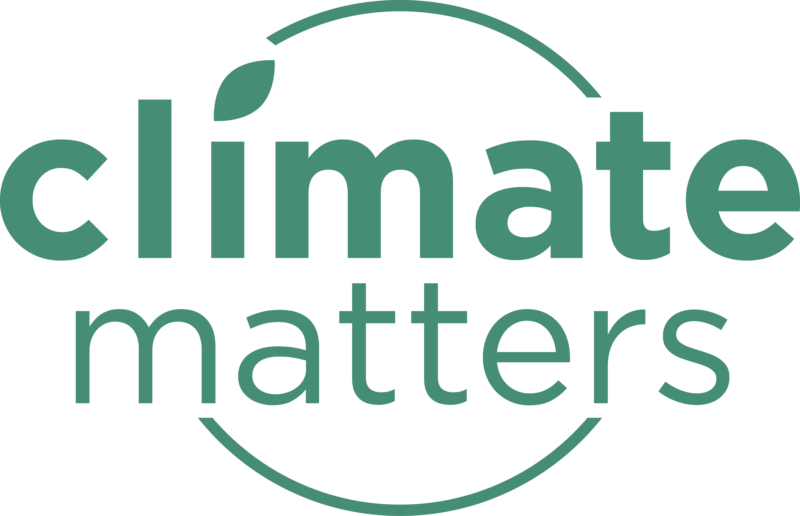Global Climate Change in Local Journalism: How to Make Local Journalists Rethink Their Framing
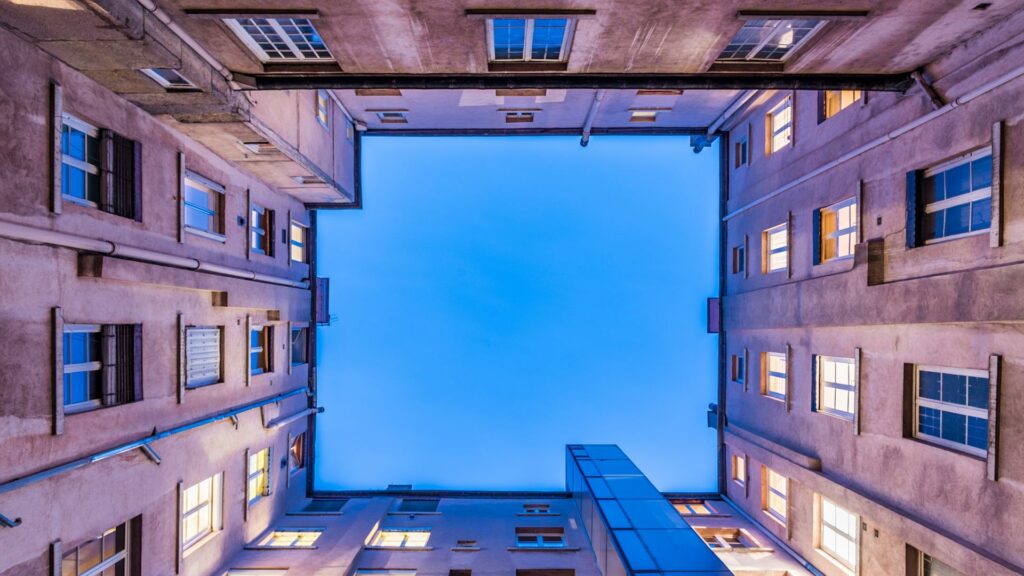
Not only in photography do choice of angle and frame decide what we see. Photo by Ludovic Charlet, Pixabay. Framing of climate change in local newspapers considerably influences how citizens perceive climate change in their living environment. A master thesis entitled “Global climate change in local journalism” takes a closer look at the main source […]
How do climate change documentaries imagine the future? A video commentary
Documentaries are one way of presenting the problems climate change poses, but also possibilities for a better future, to a broad audience. In this video, our team member Shorouk Elkobros, now Science Communication Consultant at the European Science Foundation, compares the approach and framing of different climate documentaries. Have fun watching it – but be […]
Den Klimaschutz nicht zerreden – Vier Fallen der Klimakommunikation
Wenn am kommenden Wochenende der UN-Klimagipfel in New York beginnt, dürfte der mediale Aufmerksamkeitsstrudel um Klimaaktivistin Greta Thunberg noch einmal an Kraft gewinnen. Michael Brüggemann, Professor für Klima- und Wissenschaftskommunikation an der Universität Hamburg, kritisiert die Fokussierung der Berichterstattung auf die Person „Greta“ und die fehlende inhaltliche Auseinandersetzung mit dem Thema. Außerdem erklärt er, was […]
“Yes, but”-narrative in the German climate debate
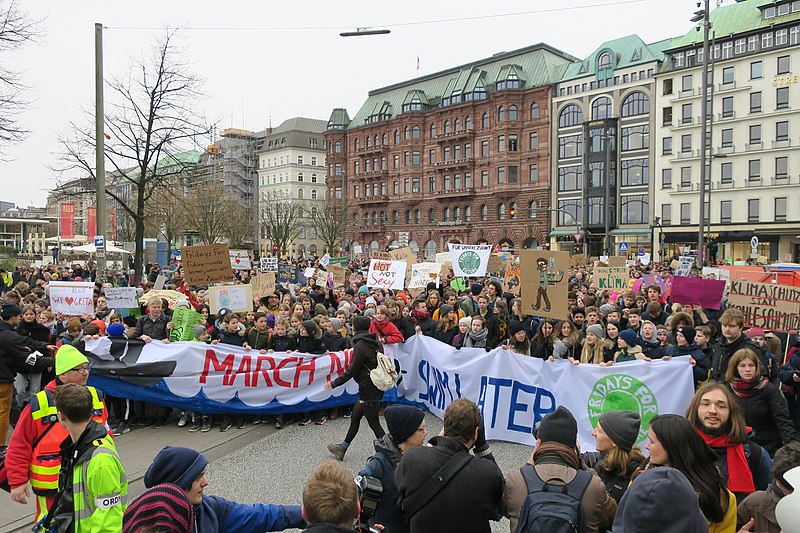
As Fenja and Michael earlier commented, the “Fridays for Future” movement is getting more and more media coverage in Germany. The climate strike is triggering many positive, but also nasty reactions, e.g. grown-ups insulting children in commenting sections in a manner you could easily find on any schoolyard [1]. However, in the same breath they […]
One Year of Climate Change on Twitter – One Year of Trump Arousing Attention?
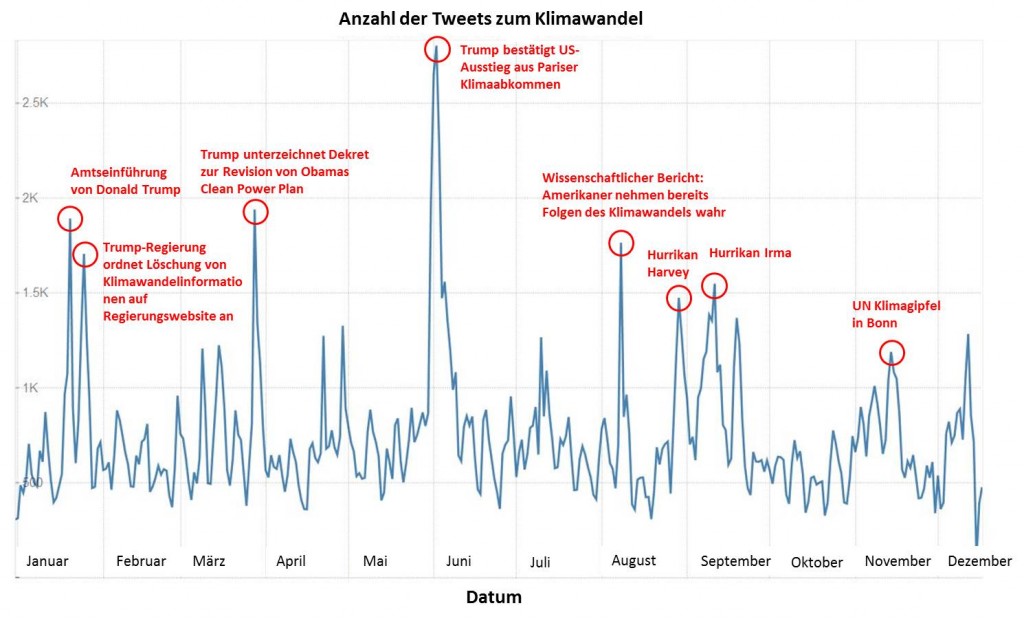
Review of Twitter communication on climate change in 2017: Which events triggered tweets about climate change and to which domains do these tweets link to? The analysis of our online media monitor (OMM) reveals that the number of climate change-related tweets has risen compared to 2016. Still – and this year even more – Donald […]
Wissenschafts-Kommunikation im Trump-o-zän: Wie wir alle das post-faktische Zeitalter verhindern können
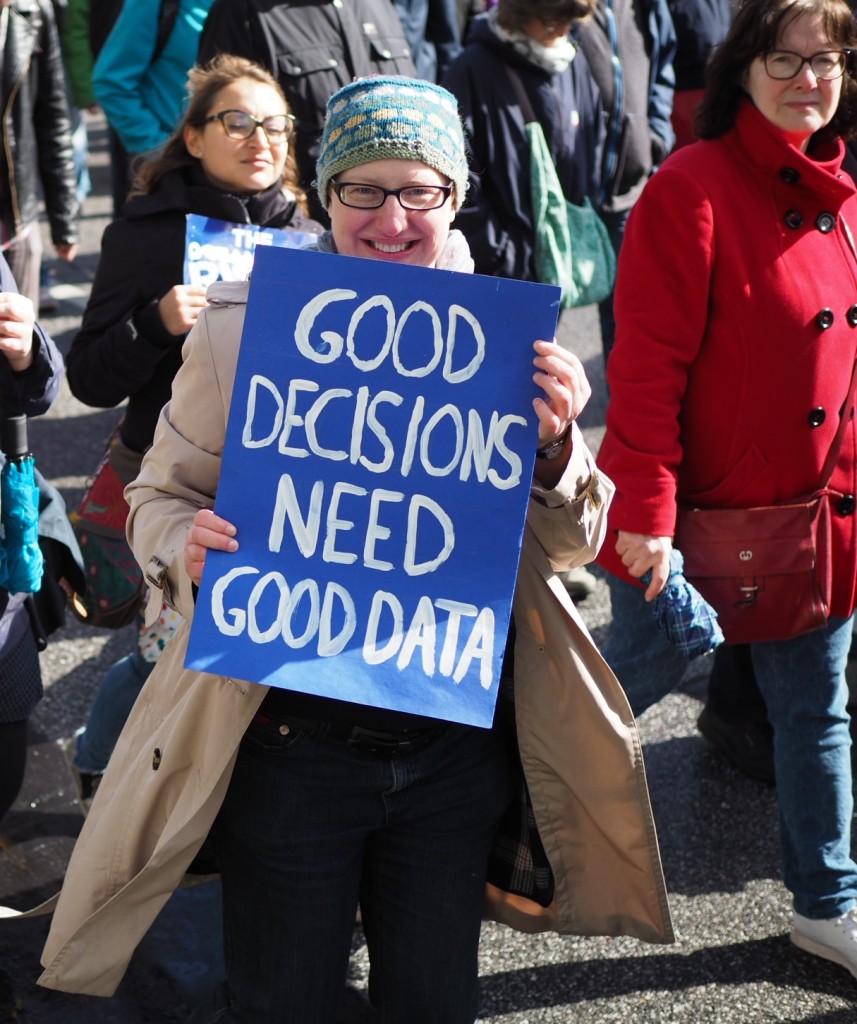
Der amtierende US-Präsident ist nicht der einzige, aber einer der lautesten Vertreter einer “postfaktischen” Sichtweise, die sich durch die Leugnung von Verantwortung und einen Rückzug in Subjektivität auszeichnet und in der wissenschaftliche Fakten nach Belieben zur Kenntnis genommen oder ignoriert werden können. Zu der Frage, wie sich Wissenschaft und Medien auf diese veränderten gesellschaftlichen Rahmenbedingungen […]
Review 2016: One Year of Climate Change Debates on Twitter
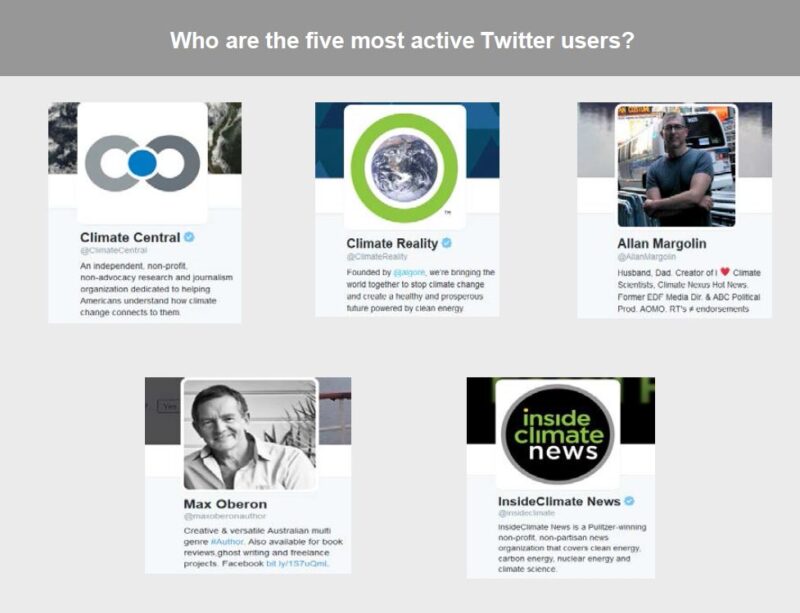
Our Online Media Monitor has been collecting tweets for roughly a year now – time for a little retrospection. The tool provides ongoing monitoring of the transnational online media debate on climate change by searching for related tweets. Tweets are collected if they contain the following hashtags or key words: #climatechange OR “climate change” OR […]
New Publication: Beyond false balance
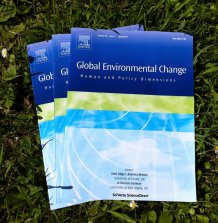
Finally, the article „Beyond false balance: How interpretive journalism shapes media coverage of climate change” is available online. The article is an outcome of our project “Framing Climate Change” and was published by the journal Global Environmental Change.
New working paper: Climate change in the media
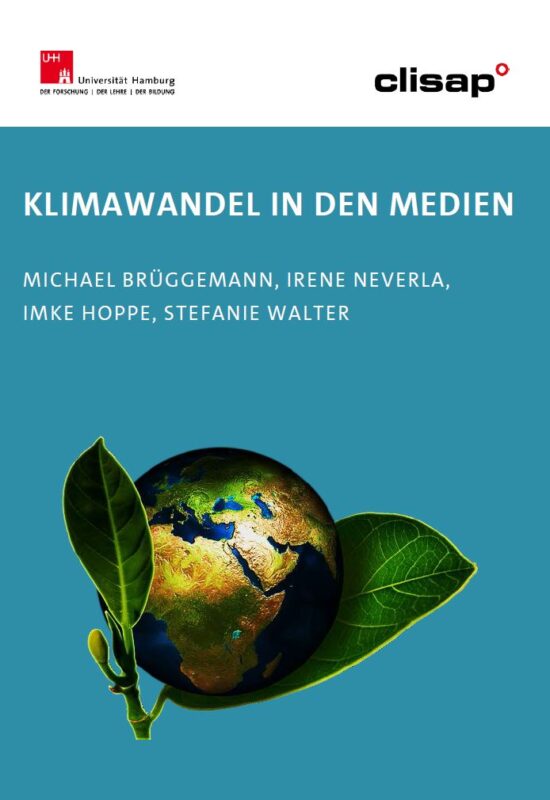
Our research group has published a new working paper which summarizes research on climate change in the media. The questions addressed are how media coverage of climate change contributes to the social construction of climate change, what kind of patterns can be found in the climate change debate and what effects climate change coverage has […]
Journalism at the frontlines of civic action
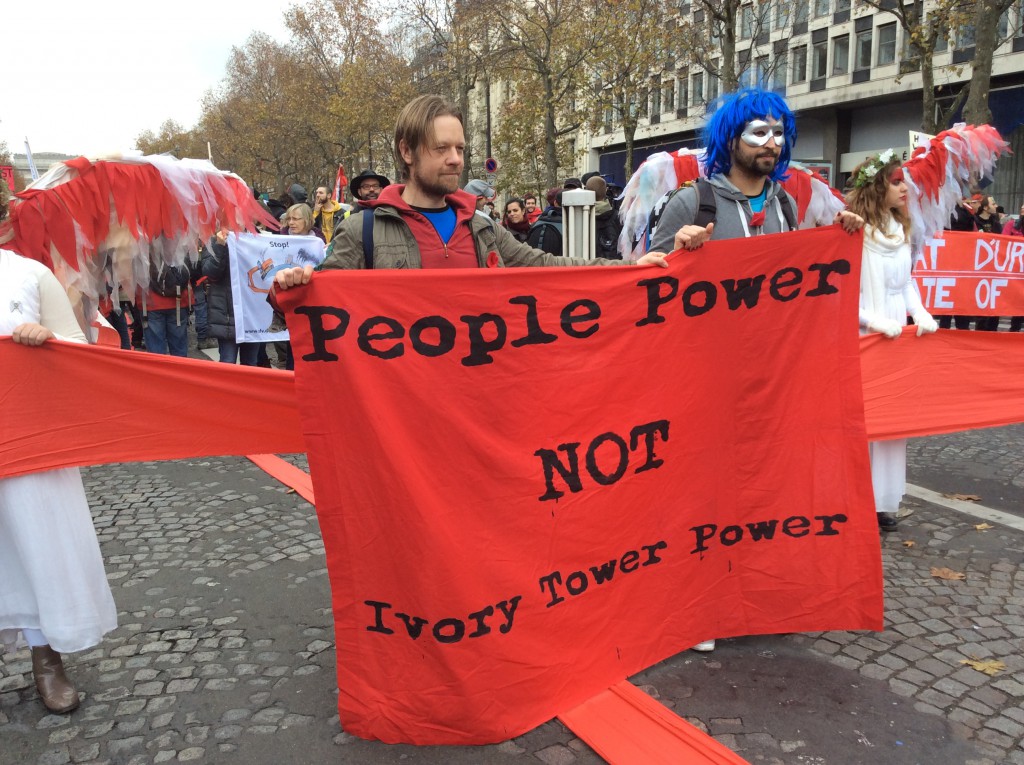
On Saturday morning the COP went past its scheduled finishing time. With successive postponements of the release of the agreement text (which what was going to be, in all likelihood, a watered down, strategically vague version of what the world needed) I found myself wondering what to do.
